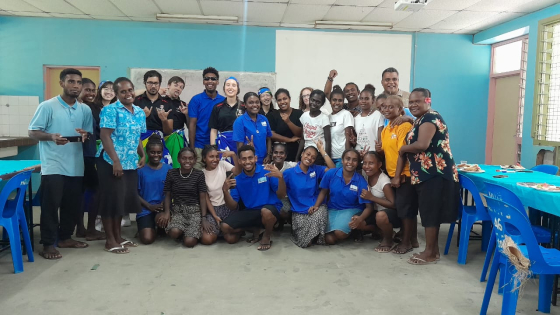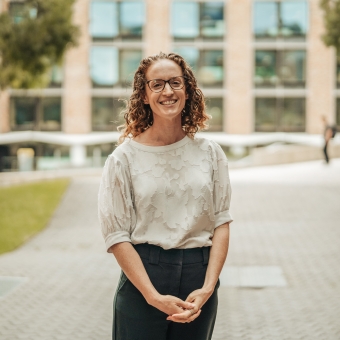Over 4 million Australians are currently living with disabilities. Assistive technology holds the potential to bridge the gap and enable their participation in desired activities. However, on a global scale, over 1 billion people require assistive technology yet face barriers in accessing them due to a shortage of skilled personnel capable of creating such solutions. You have the power to make a difference. By facilitating connections between individuals with disabilities and healthcare professionals, you will contribute to the development of life-transforming assistive technology.
VIP Snapshot
VIP ChallENG research goals
Design and prototype a piece of assistive technology using the principles of co-creation that promotes participation or enhances healthcare provision.
2024 Project: Postural Chair
Embark on a meaningful journey with us! Following a recent visit to the Solomon Islands, we recognised a pressing need for a postural chair designed for children with disabilities that can adapt to their growth, endure daily wear and tear, and be manufactured at a low cost within the country. Join our project as we collaborate to design a chair that fulfills these criteria. You may also have the chance to visit the Solomon Islands, contributing to the delivery of an initial prototype and engaging in the iterative improvement of the design.
The team will engage in research, design, and technical efforts, collaborating directly with end users to develop customised assistive technology solutions that enhance healthcare provision or enable greater participation. Projects will vary based on user needs and could involve mechanical, electrical, computer/software, or hybrid approaches. Students will be matched to projects according to their skills and preferences. Research will involve understanding user requirements and market analysis, while the design phase will focus on ideation and prototyping, guided by user-centred principles. Technical challenges will span multiple domains, from mechanical ergonomics to software interface optimization. The team's collaborative and multidisciplinary approach aims to create impactful innovations that bridge academia and real-world needs to facilitate participation in desired activities for people living with disabilities.
Previous projects include customised rowing prostheses, modification of workshop tools for people with quadriplegia, sensorising walking frames to increase independence of older persons with low vision, squeeze gyms for children with autism, the list goes on! All projects are proposed by their end users, so you know that what you make will have an immediate and profound impact.
Degrees:
- Biomedical engineering
- Mechanical engineering
- Mechatronic engineering
- Electrical engineering
- Computer science and software engineering
- (All Engineering degrees welcome)
Skills:
- Product design
- Design thinking
- Design process
- Prototyping
- Interest in assistive technologies

